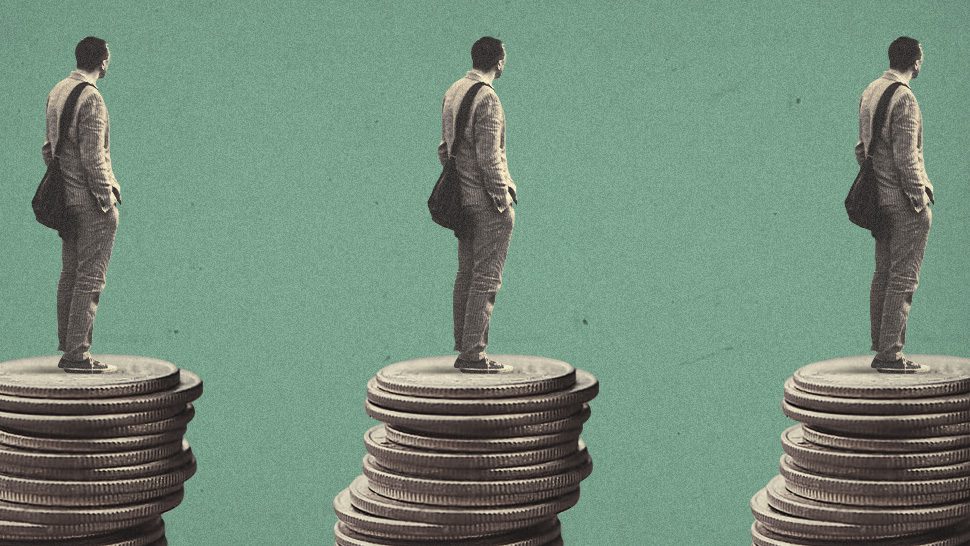Your financial health is a function of your money habits. Like muscle memory, if done over time, it crystallises and becomes part of your personality. Generally, there are 5 money personalities – investors, savers, big spenders, debtors, and shoppers. Whether you like to splurge, save, invest or spend time searching for a good bargain, you may find yourself in one or more of these categories. This means that some personalities overlap in terms of the habits individuals exhibit. We must acknowledge that these personality types are not cast in stone as they are a product of individual choices, environment and background. Hence, a good way to make better financial decisions is to determine where you are right now.
Here are 5 things your money habits say about you
1. Spend Big or Go Home!

If you love spending on luxury items like gadgets, fast cars, expensive vacations and fashion statement pieces with little or no worry about debt, then you are a big spender. You are comfortable with money hence you are not afraid to splurge on yourself after all ‘You Only Live Once!’. Occasionally, you take big risks on investments and you are not afraid of loss or debt.
You may want to save a little more than you currently do. The next time you are going to make a big purchase, ask yourself if you absolutely need it and for how long. This may help you determine what is worth splurging on.
2. Savers club

You are conservative in your spending and would always prefer to save than spend money. You are not interested in taking risks at all and would rather have money sitting in your pockets than pursue investments with the likelihood of losses after all ‘A bird in hand is worth more than 9 in the bush’. Generally, savers may be considered frugal or stingy because they purchase only what they need and may even go without their needs if it means spending money they are uncomfortable with.
While saving is applaudable, it’s time to make your money work for you through investments. Fortunately, low-risk investment options exist to ensure that you have no losses at all. Educate yourself on ways to increase your passive income. Lastly, you may want to splurge a little on yourself because you deserve it!
3. Swimming in a sea of bills

Being in debt or neck deep in bills is like a merry-go-round of constantly spending more than you make and living pay-check to pay-check. It’s like walking a tightrope where one missed mortgage payment could lead to losing your home. If your credit card debt is up to your knees and your credit score is like an “amber” alert, it’s time to intervene and get financially fit! Get a grip on your finances by taking classes, investing in passive income streams, and being intentional with your money habits. No more debt-go-round for you!
4. Emotional Shoppers

If you derive satisfaction from shopping even when you do not have the money to do then you might just be a shopper. You find yourself on the front row of shops or an eCommerce store stuffing items that you do not need into your cart. This may be a coping mechanism to other emotional or psychological challenges to take your mind off things, i.e stress shopping. If not careful, you are one step away from becoming a debtor with a bad credit score.
Seek help to determine the cause of stress shopping for you. Do not spend money you don’t have and take better control of your credit card. This may be a good time to return or sell off some items you don’t need.
5. The serial investor

You are conscious about your money and try to put the money to work. Unlike the saver, you hate seeing money sit idle in your bank account and believe it should be put to good use. You consistently seek avenues for passive income in addition to your regular job. With clear financial goals, your money habits align and you are on your way to financial health.
You are on your journey to financial independence and this is applaudable. Keep educating yourself, learn financial hacks and seek better ways to invest and earn more.

Now that you have identified your money personality through your money habit, it’s time to make changes that align with your financial goals. If you are yet to set any financial goals, this is a great time to be more intentional and more responsible towards money.




